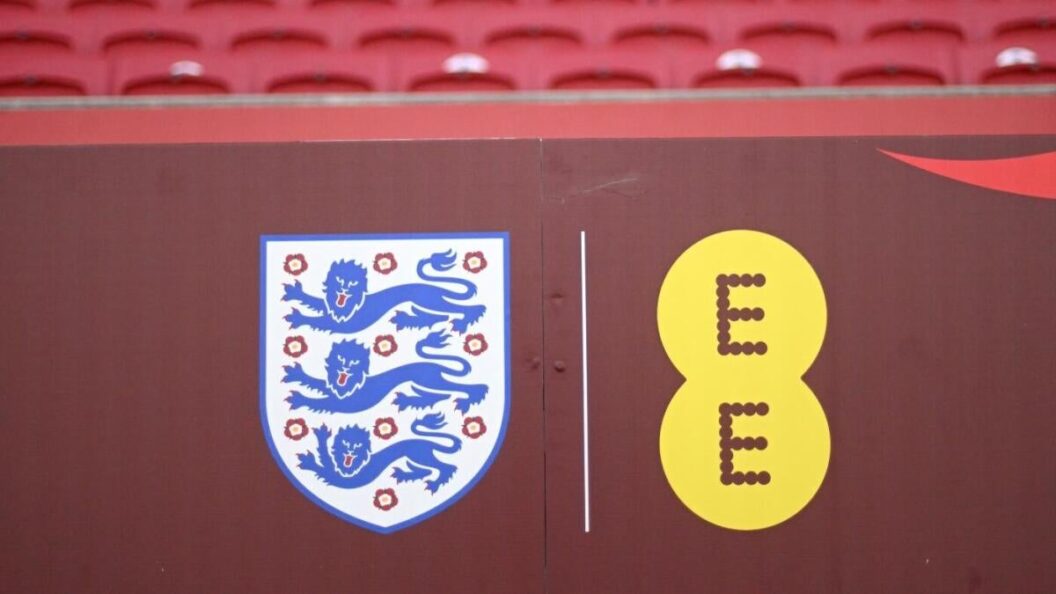England’s Football Association Bans Transgender Women from Women’s Football
In a significant policy shift, England’s Football Association (FA) has announced a ban on transgender women from competing in women’s football at all levels, effective June 1, 2025. This decision follows a recent ruling by the U.K. Supreme Court, which established that the legal definition of "woman" does not include transgender women. The ruling has far-reaching implications not only for sports but also for access to restrooms, hospital wards, and other facilities.
FA’s Official Statement
The FA expressed its commitment to making football accessible and acknowledged the complexities surrounding the topic. “As the governing body of the national sport, our role is to make football accessible to as many people as possible,” stated the FA. They noted that their existing policy permitted the participation of transgender women based on expert legal advice. However, the Supreme Court’s April 16 ruling prompted the FA to reassess and modify their stance.
The statement continued, “We understand that this will be difficult for people who simply want to play the game they love in the gender by which they identify.” The FA plans to engage with the 20 transgender women currently playing at the amateur level to ensure they understand the changes and their options for continuing involvement in football.
Impact and Context
This rule change coincides with a similar decision made by the Scottish FA, highlighting a regional trend toward stricter policies regarding transgender participation in sports. The decision is expected to affect approximately 20 transgender women involved in amateur football across England, sparking a debate around inclusivity and fairness in the sport.
The ban has ignited a wave of criticism from human rights groups, including the Fare Network, which actively combats discrimination in European football. The organization stated, “By adopting formal bans on trans participation, the FA and SFA now stand isolated from progressive federations worldwide that are pioneering inclusive policies grounded in science, dialogue, and human rights.”
Criticism and Controversy
Critics argue that such bans legitimize discrimination and create a hostile environment for transgender athletes. The Fare Network emphasized the potential repercussions of these policies, warning that they could embolden other organizations to adopt similarly restrictive measures and hinder global efforts toward inclusivity in sports.
Supporters of the ban, however, argue that this decision is necessary for preserving fair competition in women’s sports, citing concerns about physiological advantages that transgender women may have over cisgender women.
Looking Forward
As the FA prepares to implement this policy, the implications extend beyond football. This ruling could set a precedent for other sports organizations and provoke further legal and ethical discussions regarding gender identity and participation in public life.
The FA’s decision underscores the ongoing struggle to balance inclusivity and fairness in sports, and it is likely to inspire continued debate among athletes, advocacy groups, and policymakers alike.
In summary, the FA’s ban on transgender women from competing in women’s football introduces significant challenges to inclusivity and representation in the sport, a dialogue that will likely evolve as both legal frameworks and cultural perceptions continue to shift.









